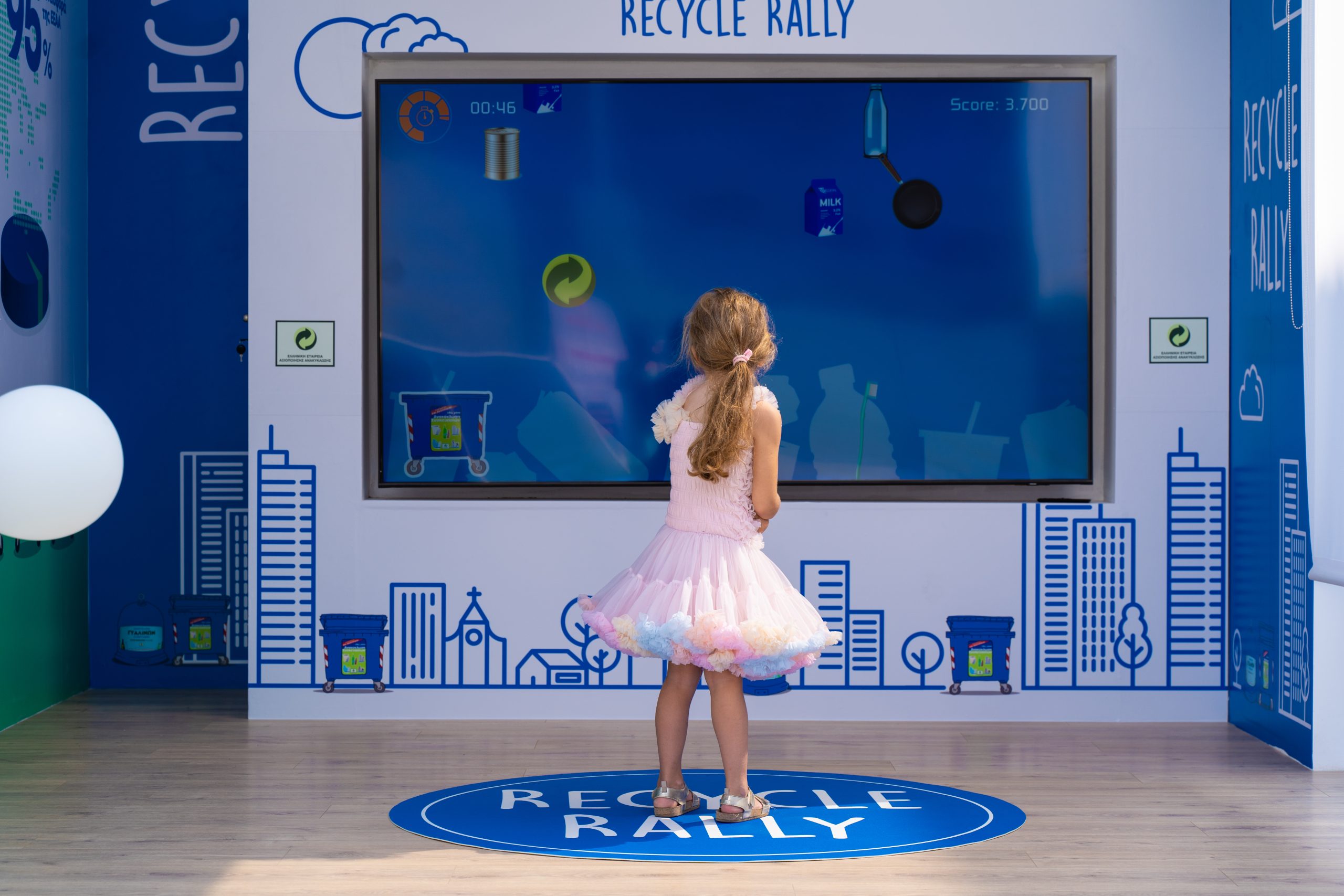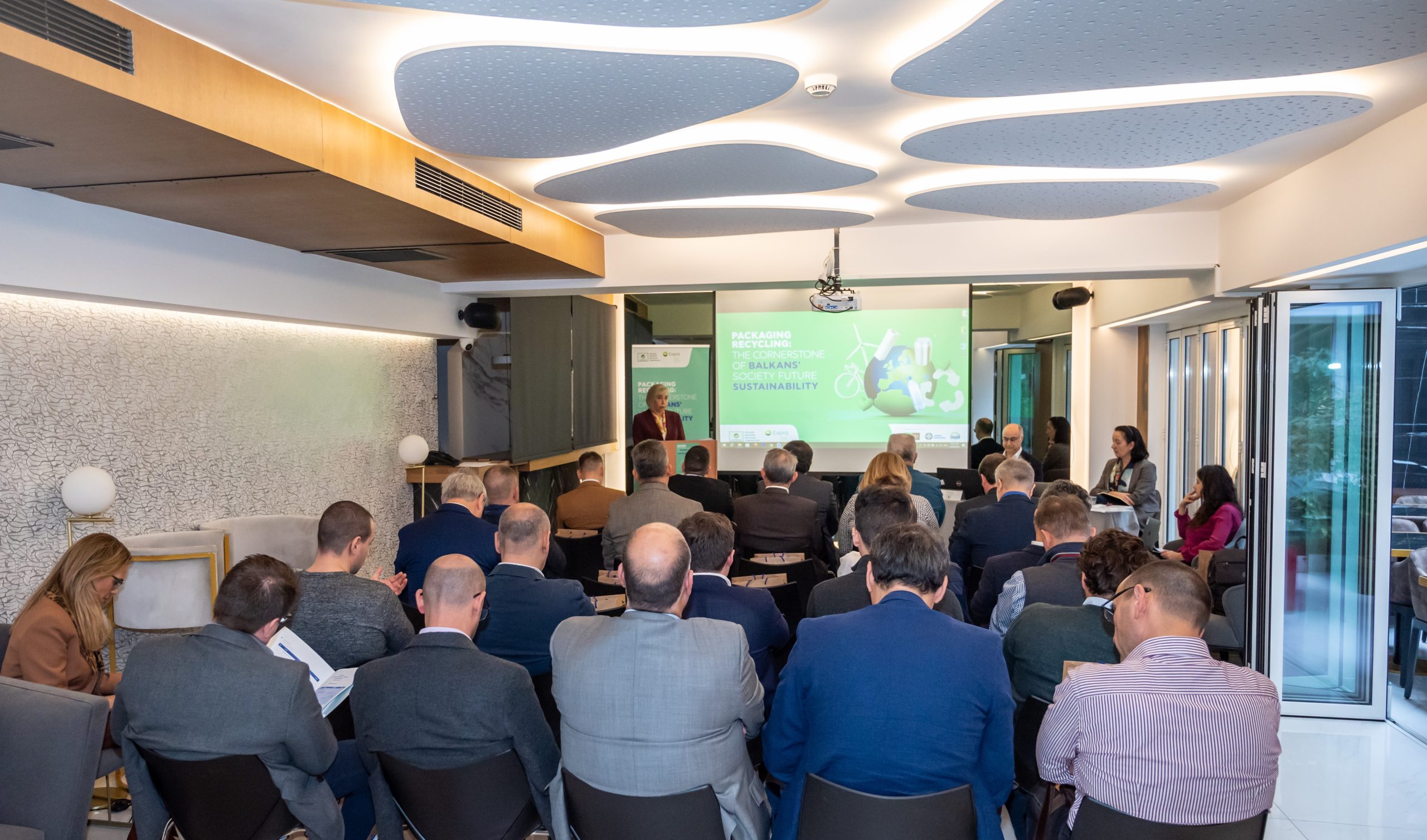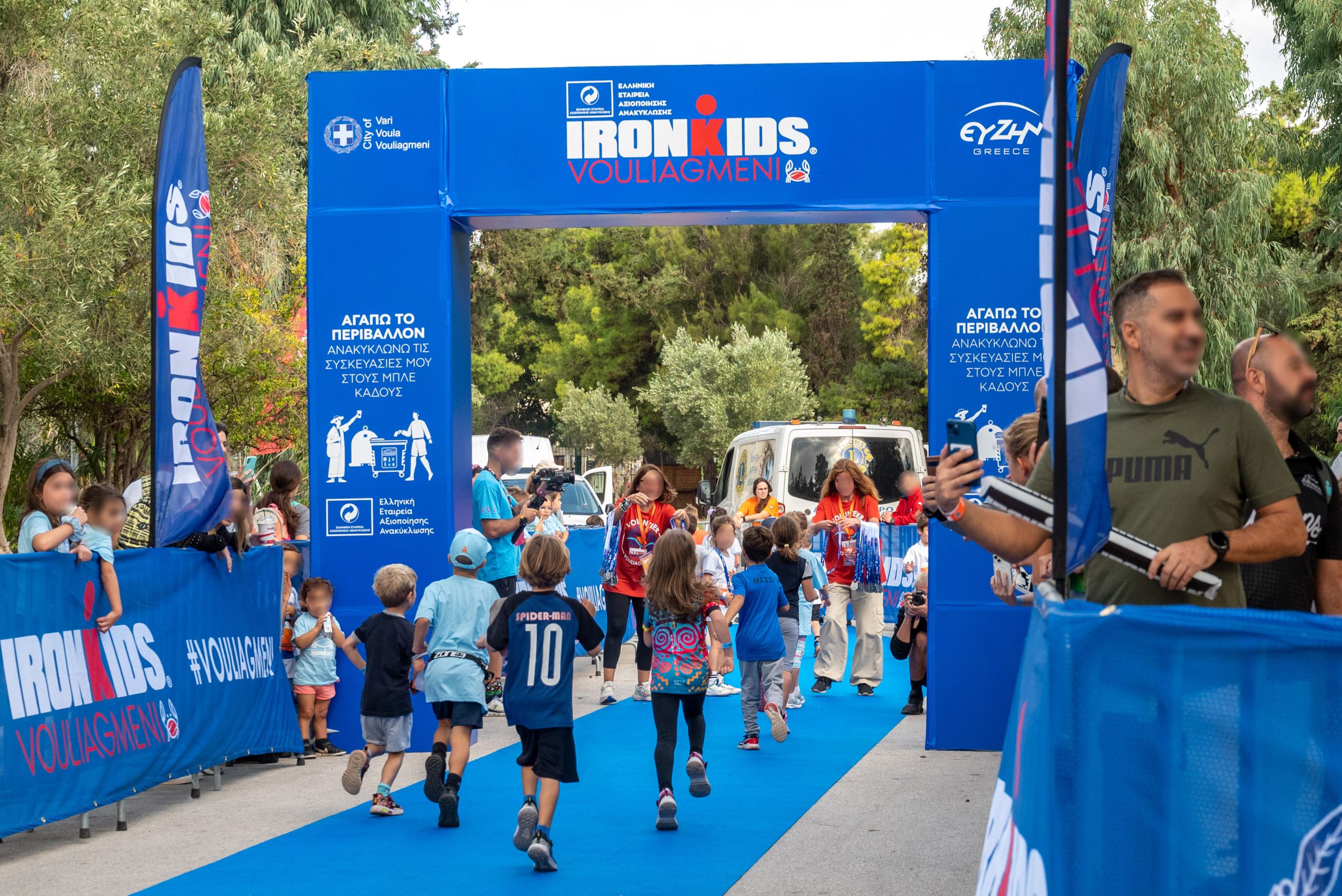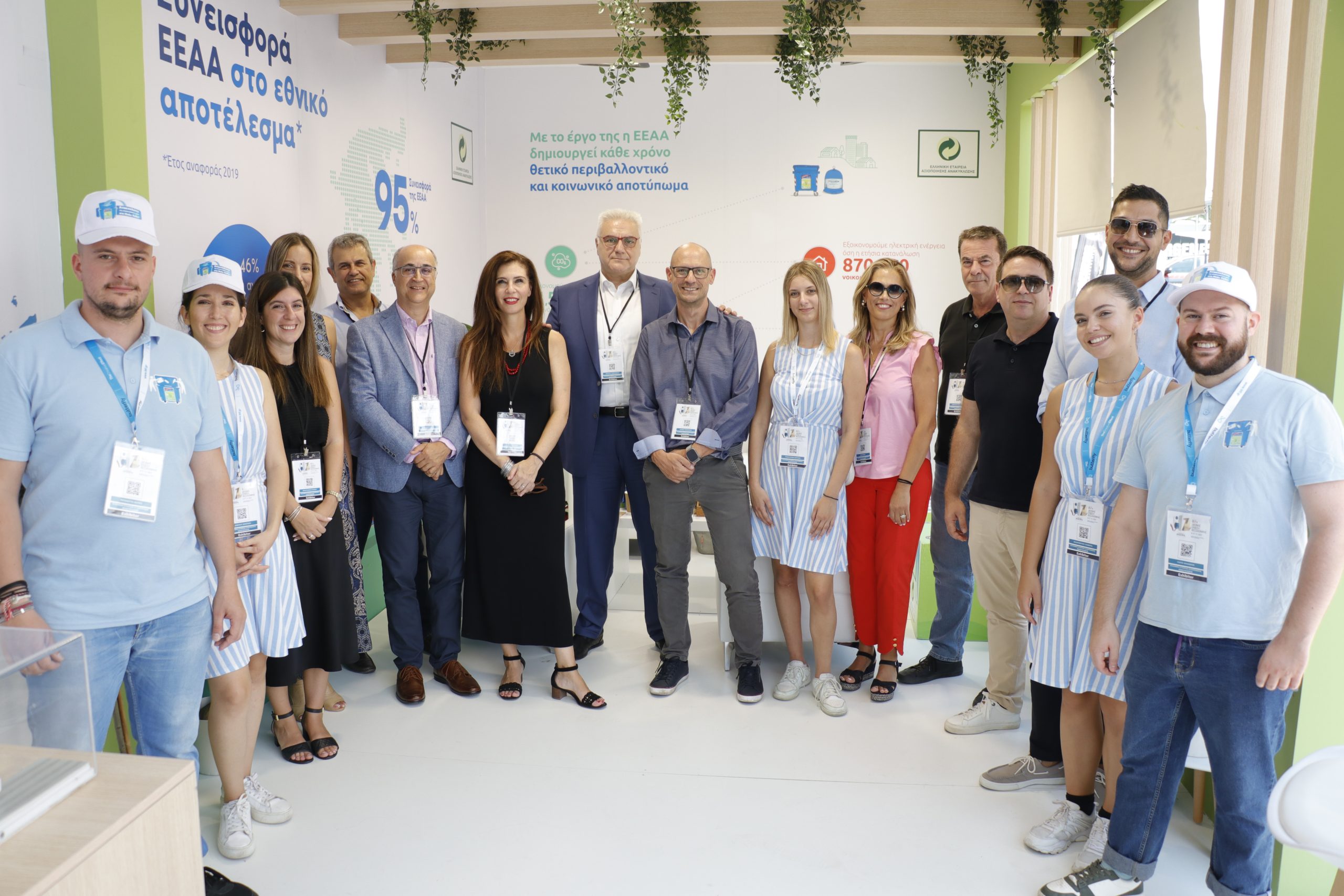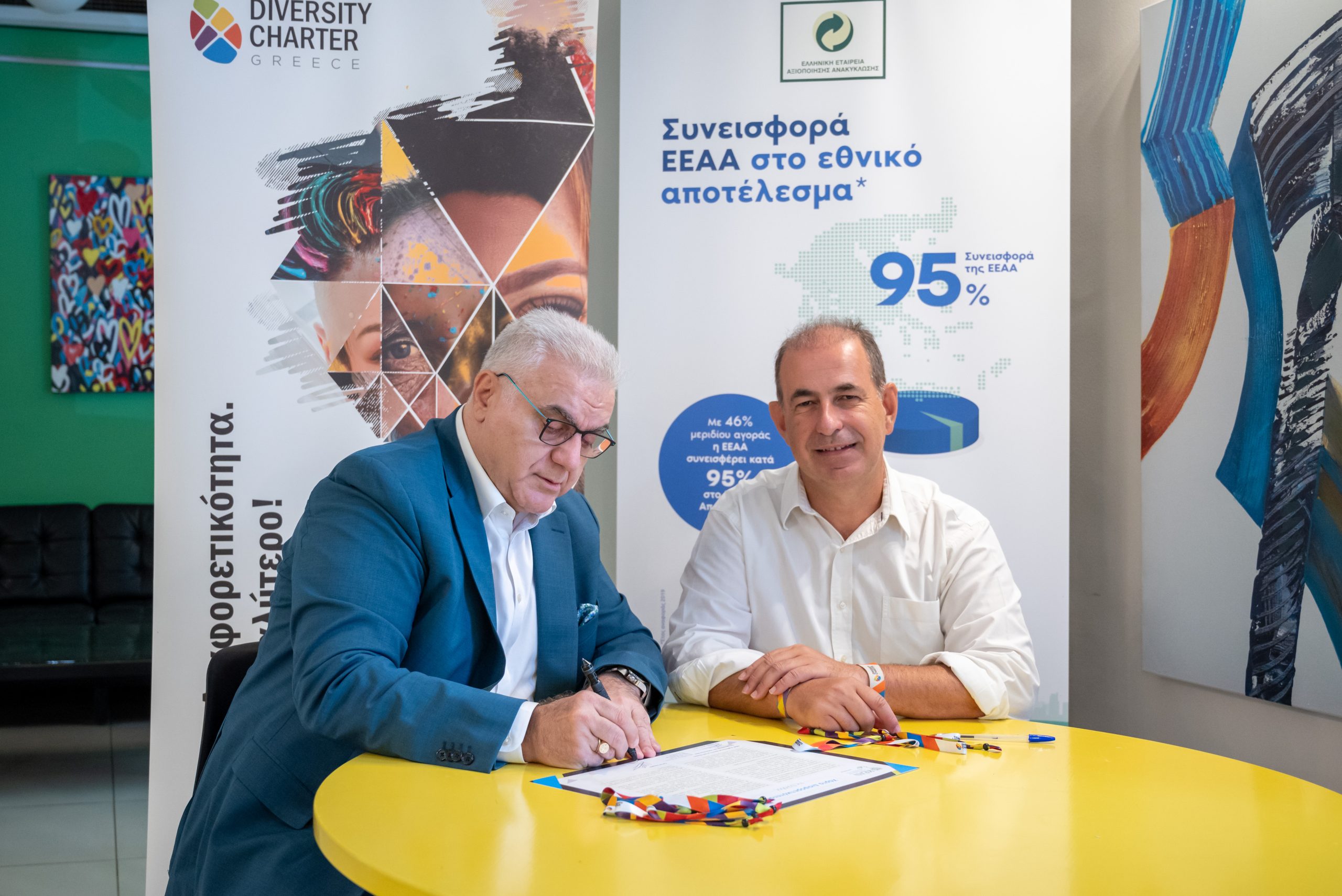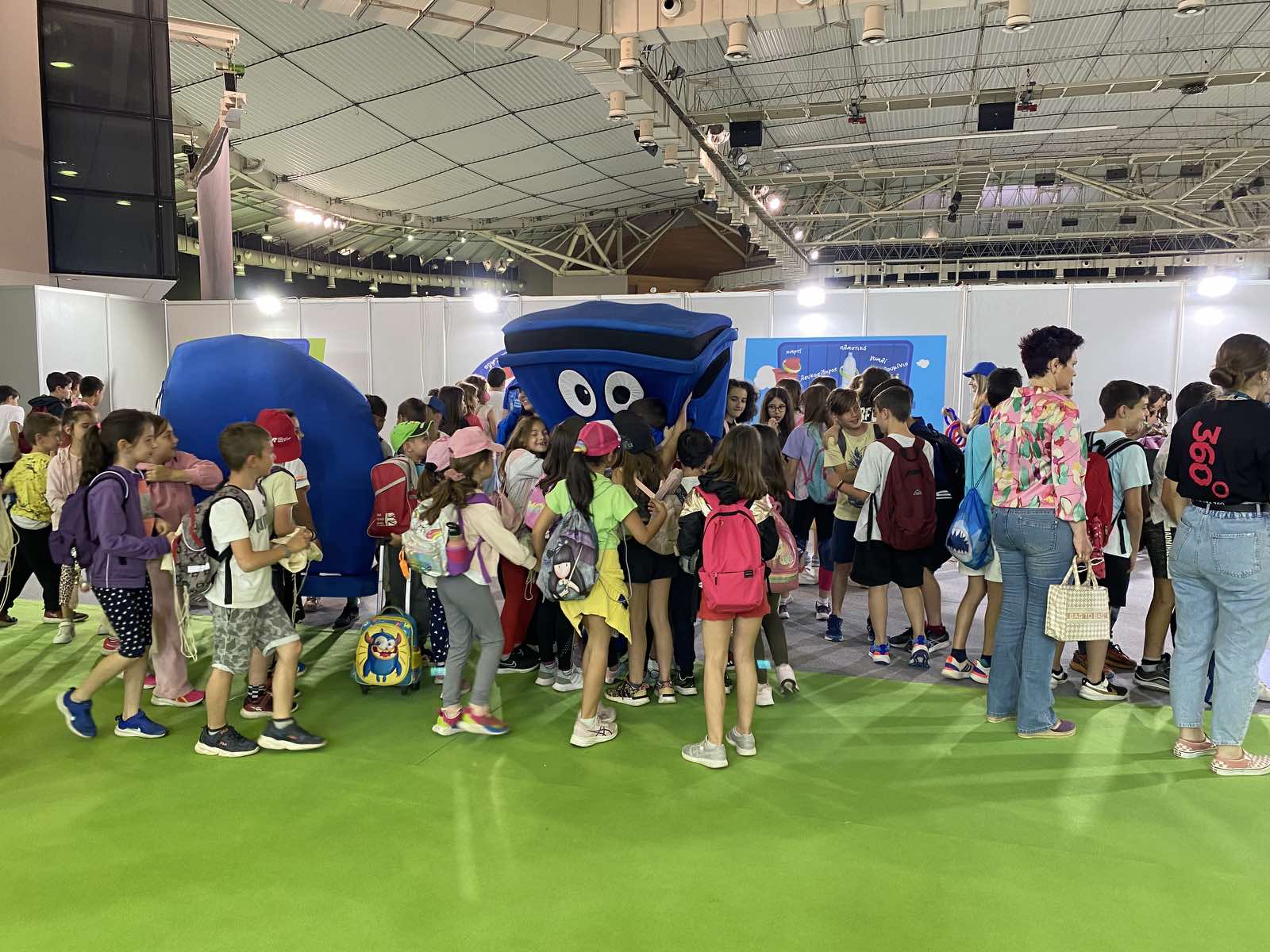BY MICHAEL E. ECONOMAKIS
In recent years, we talk about “sustainable or green development” and “circular economy” all the more, as if it were something distant and incomprehensible. In reality this is not the case. For quite some time now, these terms concern governments and businesses, and new players and stakeholders constantly participate in the discussion with a view to improving the quality of life in a sustainable future where there will be prosperity at economic, social and environmental level. Interest is growing given that today, more than ever, the planet is facing critical environmental challenges that demand everyone to act now: the state, businesses, society as a whole, but also each and every one of us Greece has started following international standards and taking significant steps toward sustainable development by adopting specific initiatives and practices. By way of example, the country's lignite phase-out is promoted, while plans to tackle climate change and promote RES are maturing year by year and are being finalised. At the same time, new national and regional waste management plans are being drafted. The country is certainly moving in the right direction regarding the transition to circular economy; however, it needs the participation of all parties, so that the effort can be accelerated and be as effective as possible.
The recycling sector is one of the sectors that constitutes an integral part of the circular economy chain. In recent years, the perception about recycling has started to change in Greece and there is mobilization both at individual and at social level. To a great extent, citizens have embraced the contribution of recycling; at the same time businesses are implementing recycling programmes, participating in environmental organizations and applying practices aimed at sustainable development focusing on environmental protection.
For municipal waste in particular there is a lot of room for improvement. To date, Greece has been burying most of its municipal waste, thus it has a long way to go before it achieves the European goals set for all waste. The serious effort is being made to change this, but there are many steps to be taken. And the responsibility for effective and immediate implementation is borne by the state and the regional and local authorities that are responsible for waste management. On the other hand, one recycling sector stands out and presents remarkable results. These are the waste streams to which the Extended Producer Responsibility principle is applied, among which is the packaging waste that falls within the scope of the Hellenic Recovery Recycling Corporation (HERRCO). Indeed, after HERRCO's 19 years of operation, it is noted that the primary goal, which was to change the country's attitude about packaging recycling, has been significantly achieved. That is why businesses and citizens trust us. Even in 2020, one of the most difficult years in modern history due to the pandemic, HERRCO continued to operate uninterruptedly and seamlessly. The 3,000 contracted businesses and the strategic cooperation with the Central Union of Greek Municipalities (KEDE) and the Local Government are the core of the Recycling System, which HERRCO has organized, and constitute the solid foundation on which the important results are based. In particular, as a result of its operations, HERRCO meets 96% of Greece's national goal, achieving the management of 492,000 tons of packaging waste out of the 511,000 tons that is the national goal (EUROSTAT data). Nowadays, recycling projects serve 97% of the country's population with 180,000 blue bins in 306 municipalities and 10,000 blue bells for glass that serve 22,000 businesses in the catering and entertainment sector. The cooperating municipalities with the 530 vehicles that have been granted by HERRCO complete 120,000 collection routes to the 32 cooperating Material Recovery Facilities (MRFs) per year. In addition to the well-known blue bins and the blue bells for glass, HERRCO implements alternative and flexible collection models depending on the local special conditions of municipalities requiring this service. For example, mainly in island municipalities, a door-to-door collection takes place for one or more streams, while in other municipalities separate paper and/or plastic sorting takes place with the use of a special bin for demarcated areas or public buildings.
A memorandum of cooperation was recently signed between the Scouts of Greece (Soma Hellinon Proskopon - SHP), the largest voluntary, pedagogical movement for young people in Greece (a public-benefit, non-profit organisation) and HERRCO, aimed at the collaborative implementation of actions and the enhancement and expansion of the positive environmental recycling footprint in local communities.
“After HERRCO's 19 years of operation, it is noted that the primary goal, which was to change the country's attitude about packaging recycling, has been significantly achieved. That is why businesses and citizens trust us. Even in 2020, one of the most difficult years in modern history due to the pandemic, HERRCO continued to operate uninterruptedly and seamlessly”
The above actions that we at HERRCO implement, represent a significant and methodical effort; however, to further promoting packaging recycling and to continue to meet the new increased goals set by the European and the national framework, the State will be required to make decisions as soon as possible. It is necessary for competent authorities to ensure rules that are transparent and equivalent for all stakeholders in the recycling sector, a fact expected to be confirmed by the forthcoming bill that is currently being drafted by the ministry with the contribution of all stakeholders. That said, packaging recycling will grow dynamically and will confirm its important contribution to the country's progress toward Sustainable Development aiming at the protection of the environment, i.e., the ecosystem that we live in, and most importantly, that our children and their children will live in. Our minimum obligation (the state, institutions, businesses, citizens) is to work together to ensure the sustainable development prerequisites for future generations. The environment is at the top of this agenda.
Michael E. Economakis is the Chairman of the Hellenic Recovery Recycling Corporation (HERRCO)

